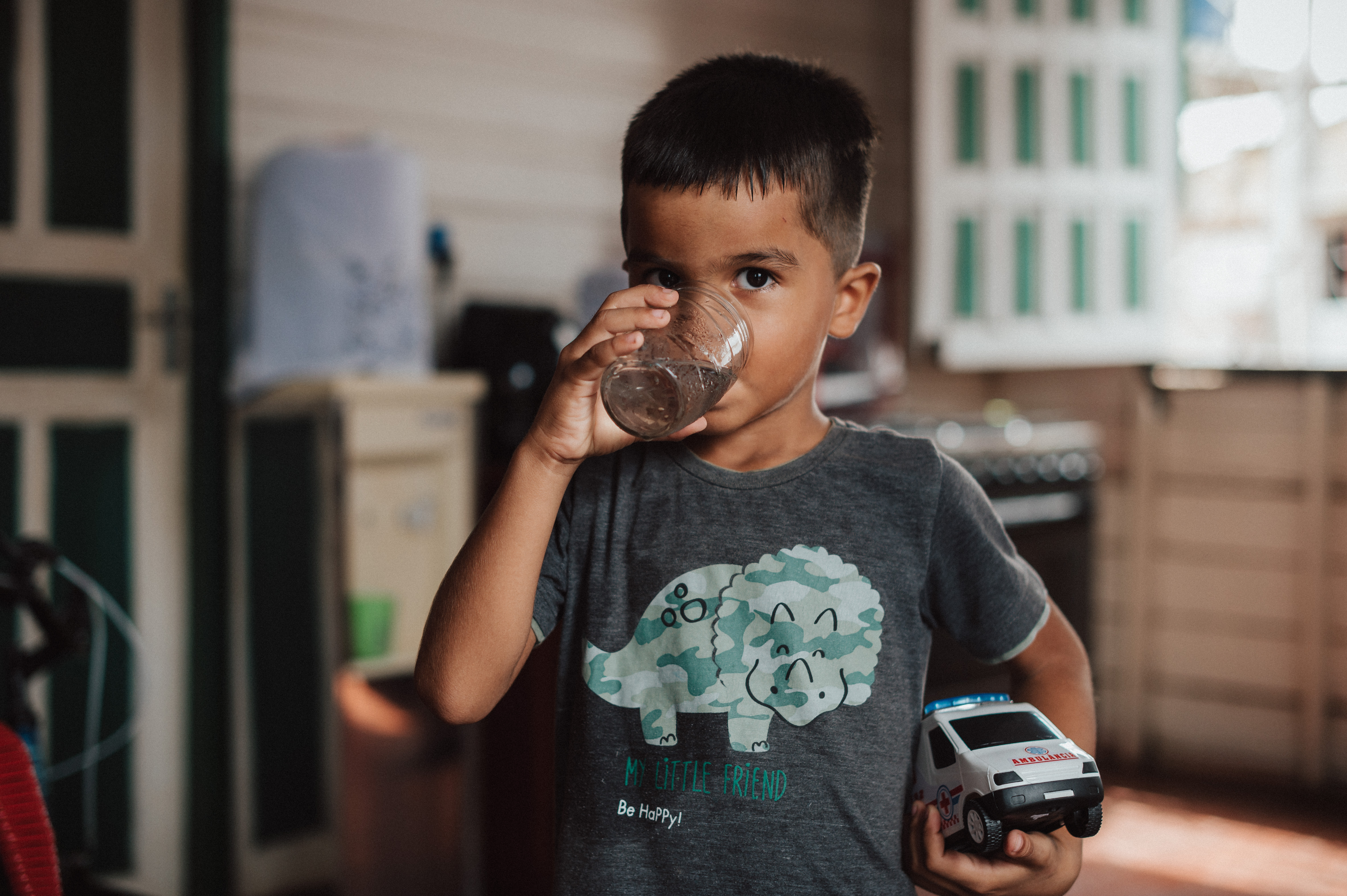

Description
Vigiágua is a federal program that serve to control the quality and safety of drinking water, implemented by municipal health departments, with support from state departments. Implementation entails continuous water monitoring, including control in simplified systems of collective and individual solutions. In addition to monitoring water supply infrastructures, the program involves educational activities to educate families on the necessary precautions for consuming safe water in their homes.
Vigiágua expanded water quality control on a large scale in the country, directly interfering in the reduction of infant mortality numbers, and in the reduction of ADD (Acute Diarrheal Diseases).
Criteria 11/11
- ACCESSIBILITY
- ALINHAMENTO COM ODS 1,3,4,6 E/OU 11
- ASPECTOS DE RAÇA E GÊNERO
- ATENÇÃO COM CRIANÇAS E ADOLESCENTES
- LOW COST
- DIFUSÃO SOCIAL
- EFICIÊNCIA ADMINISTRATIVA
- FIXAÇÃO NO TERRITÓRIO
- INICIATIVA EM WASH
- RESILIÊNCIA CLIMÁTICA
- SUSTENTABILIDADE
Vigiágua is operated by the municipal and state health secretariats and the National Health Surveillance Secretariat.
• State and municipal managers who work in the National Water Quality Monitoring Program
• Companies providing water supply services for drinking water.
All Brazilian municipalities
Since 2003.
The program consists of a set of actions that are continuously adopted by public health authorities to guarantee the population access to water in sufficient quantity and quality compatible with the standard of potability, as established in current legislation. As such, the program forms part of an integral approach of health promotion and prevention of waterborne diseases.
The operationalization of the program is managed through the Information System for Drinking Water Quality Monitoring (SISÁGUA), which is supplied by professionals working in the municipal secretariats.
The manuals and teaching materials detailing the procedures for the operationalization of Vigiágua are included on the SISÁGUA home page.
Vigiágua has been monitoring the water quality of collective and individual alternative solutions, especially water trucks and cisterns, in addition to working in partnership with Primary Care in the development of health education activities aiming to guide the population to treat water at home by filtering and disinfecting it with 2.5% sodium hypochlorite solution or by filtering and boiling it.
The Ministry of Health evaluated the program with the Municipal Health Councils to understand the strengths and weaknesses of the system, with the aim of obtaining information on how Vigiágua is operating, in the quest to continuously improve the program.